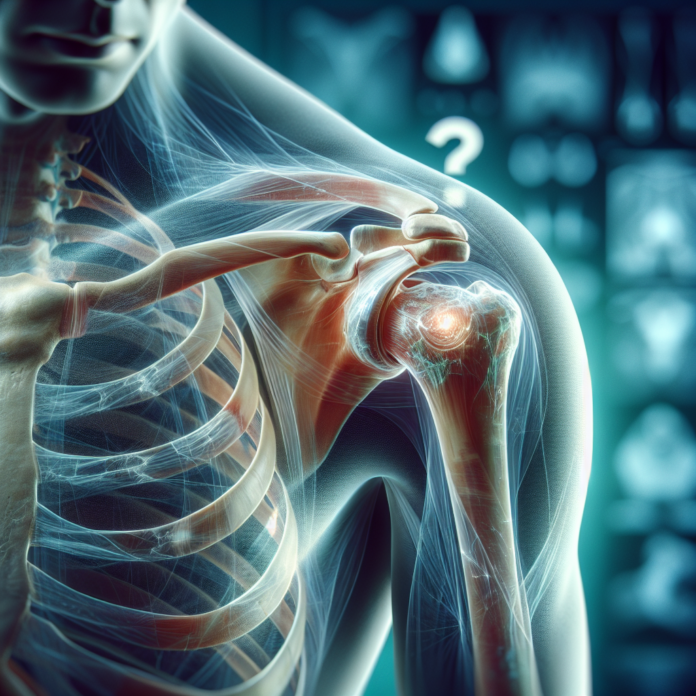Experiencing Shoulder Clicking Post-Surgery: Understanding the Causes and When to Seek Help
Shoulder clicking is a common concern for many individuals undergoing shoulder surgery, such as rotator cuff repair. Patients are often alarmed by the feeling or sound of clicking, leading them to question if something is amiss with their surgical recovery. However, it is important to understand the potential causes of these sounds, as often they are not indicative of a serious problem.
Common Causes of Shoulder Clicking
Firstly, the shoulder is a highly mobile joint with a complex anatomical structure, making it susceptible to a variety of sounds under different conditions. Clicking or popping sounds can originate from several areas, including the bones, tendons, and soft tissues. Before delving into specific causes, it’s crucial to remember that these sounds don’t always signal a malfunction or a need for immediate medical intervention.
Inflammation and Bursa Thickening
One of the most common causes of clicking in the shoulder is inflammation or thickening of the bursa, the fluid-filled sac that helps cushion the shoulder joint. This can occur after surgery due to irritation or abnormal joint mechanics. When the bursa becomes inflamed, it can produce a clicking sound when the arm is moved. Over time, as the inflammation subsides and the tissues heal, this sound may diminish or disappear.
Abnormal Mechanical Motion
Abnormal mechanical motion can also lead to clicking. After surgery, the shoulder may temporarily move in an unconventional manner due to stiffness or weakness in the surrounding muscles. The stiffness can result from the body’s natural healing response, leading to tight tissues that must stretch and loosen over time. As movement restores, the shoulder may make popping or clicking sounds, especially if the range of motion is being tested after a period of immobilization.
The Role of Scar Tissue
It’s essential to acknowledge the role of scar tissue in post-surgical clicking. Scarring is a natural part of the healing process, with collagen fibers forming to close the surgical site. While these fibers are vital for healing, they may create adhesions or bands of tissue that, at times, can catch or rub against surrounding structures, resulting in a clicking sensation.
Tendon or Rotator Cuff Issues
In some cases, the clicking may be related to the repaired tendon or rotator cuff itself. Following surgery, the repaired tissues may not always glide smoothly over the joint initially. Additionally, the shoulder might be weaker due to lack of use during recovery, making movements feel less fluid and contributing to clicking or popping sounds.
When to Seek Further Investigation
While clicking is often benign, there are scenarios where it warrants further investigation. If the clicking is accompanied by significant pain, swelling, or a marked decrease in shoulder function, it may be indicative of a more serious issue, such as an infection, re-tear, or improper healing. This is especially true if these symptoms persist beyond the typical recovery period of a few months.
Patients should remain in regular communication with their healthcare providers throughout the recovery process to promptly address any concerns. Orthopedic surgeons can often identify whether the sounds are routine or a sign of a complication. They may employ imaging studies like X-rays or MRIs to rule out structural issues if necessary.
Recovery and Rehabilitation
To aid recovery and reduce the occurrence of clicking, patients are advised to adhere to their rehabilitation exercises and physical therapy protocols. Gradual strengthening and range-of-motion exercises can help restore proper joint mechanics and diminish abnormal movements that might contribute to clicking.
Conclusion
In summary, while shoulder clicking after surgery can be unsettling, it is often a normal part of the healing process. Understanding the potential causes can alleviate some of the anxiety associated with these sounds. However, staying vigilant for any changes in symptoms and maintaining open communication with your healthcare provider are crucial steps in ensuring a smooth recovery. With time, rehabilitation, and the body’s natural healing processes, clicking typically lessens, allowing patients to regain their shoulder function fully.
